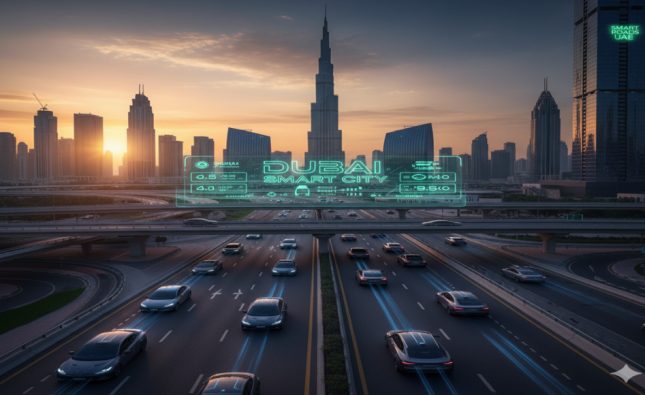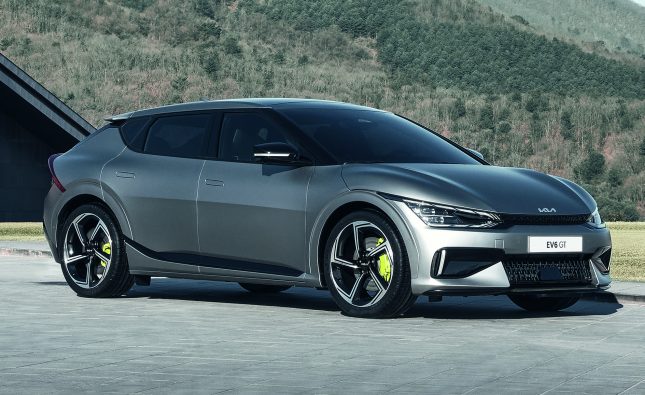
General Motors (GM) recently announced its decision to discontinue the production of its electric vehicle (EV), the Chevy Bolt, due to safety concerns. While the decision may be seen as a responsible move by some, others have mixed feelings about the future of EVs.
According to GM, the Bolt’s battery packs have the potential to catch fire while charging or even parked, which has led to a recall of all Bolts produced from 2017 to 2022. The recall is estimated to cost the company over $1 billion, and the discontinuation of production will result in the layoff of over 1,600 workers.
The announcement has caused a stir among those who have been vocal about the need to transition to clean energy vehicles. Some EV advocates are disappointed, as the Bolt was seen as a reliable and affordable option for those interested in purchasing an EV. They also worry that the recall and discontinuation of the Bolt could harm the overall perception of EVs and deter potential buyers.
On the other hand, some experts see GM’s decision as a necessary one. They argue that the safety concerns with the Bolt could not be ignored, and the recall and discontinuation of production are important steps to prevent potential harm to drivers and passengers. They also note that GM’s decision to focus on the development of its next-generation Ultium battery technology shows its commitment to the future of EVs.
The discontinuation of the Bolt is a reminder of the challenges that come with transitioning to clean energy vehicles. Despite the growing demand for EVs and efforts by automakers to increase production, the infrastructure to support EVs remains inadequate in many parts of the world. The limited availability of charging stations and long charging times can make owning an EV less convenient than a traditional gasoline-powered vehicle.
As the world continues to move towards cleaner energy sources, automakers will need to balance safety concerns with the demand for more EVs. The discontinuation of the Bolt serves as a cautionary tale, highlighting the need for constant innovation and safety standards in the EV industry.
In conclusion, GM’s decision to discontinue production of the Chevy Bolt due to safety concerns has left some EV advocates disappointed, while others see it as a necessary step to prevent potential harm to drivers and passengers. The incident serves as a reminder of the challenges of transitioning to clean energy vehicles and the need for constant innovation and safety standards in the EV industry.










